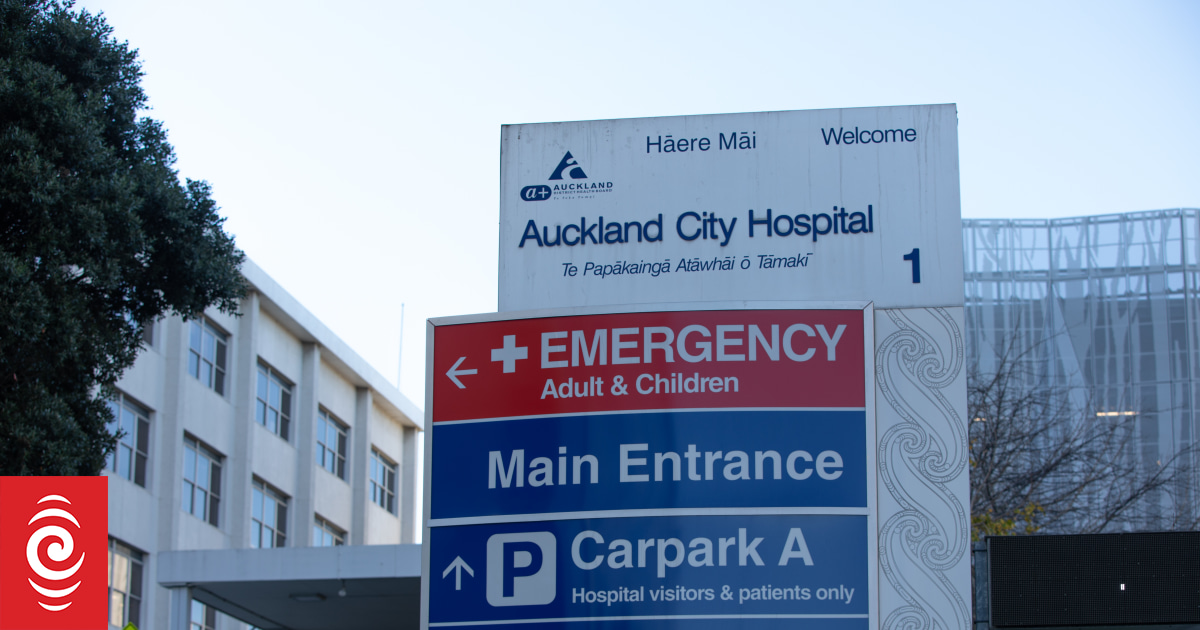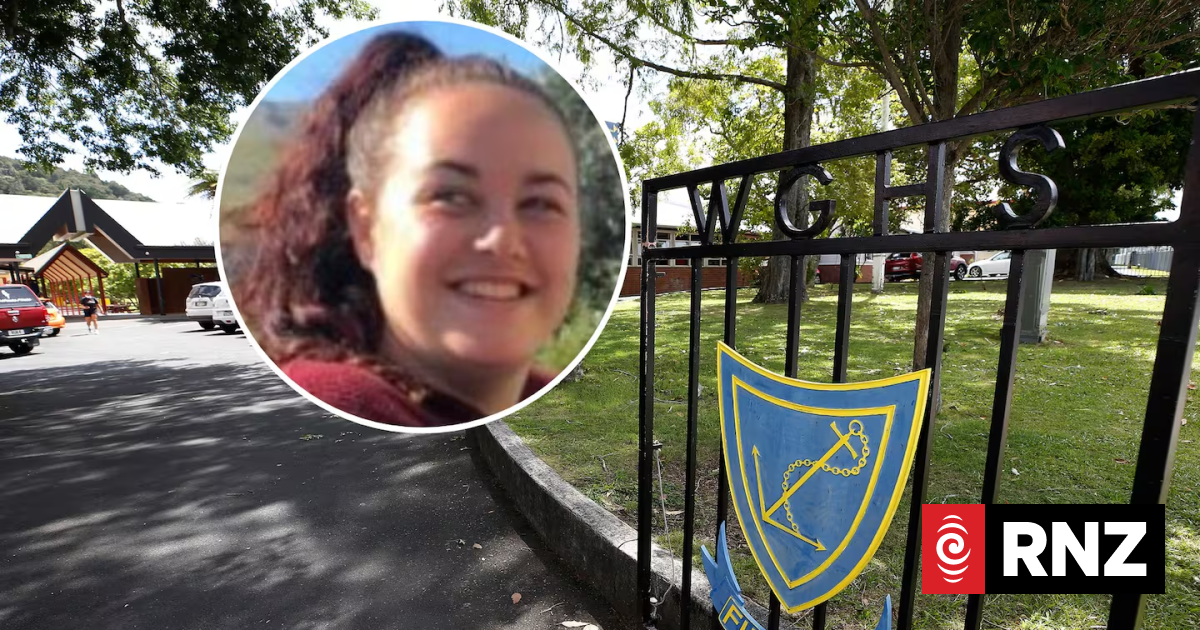Young people and children in Northland are waiting up to 400 days to access mental health services, a wait which can exacerbate their situation, counsellors say. Photo / Lynda Feringa
Northland youth in need of mental health services are waiting an average of nearly four weeks to see someone, more than 50 per cent longer than adults.
But the waiting times vary hugely, especially
for those living outside of Whangārei or Kaitāia, with some children waiting more than a year to first get help.
The long waiting times – and general difficulty of accessing mental health services – can be catastrophic for young people suffering from the likes of depression, anxiety and suicidal thoughts, according to local counsellors.
Te Whatu Ora | Health New Zealand said children with the most acute need are prioritised, but delays are caused by a rise in demand, an increase in complexity and a high number of vacancies.
Last week, the Government announced it would fund $24 million over four years to I Am Hope Foundation, to provide free counselling to young people aged 5 to 25 through the Gumboot Friday initiative, for youth with mild to moderate mental health needs.
In the year ending June 30, 2023, Northland children waited an average of 26.2 days to first access Te Whatu Ora services, such as through Te Roopu Kimiora, according to information supplied to the Northern Advocate under the Official Information Act.
The children – with a median age of 14 – had to wait 53 per cent longer than adults.
One child waited 404 days to first be seen after being referred, while the most urgent cases were seen the same day.
Whangārei private counsellor Diane Coleman said she has noticed referral times are extremely varied. Having to wait a long time for help, after finally reaching out, can exacerbate the issue.
“People usually only reach out for help when they’re in some kind of crisis. Having to wait to be seen can cause people to feel hopeless and to turn to other, possibly unhelpful, ways to cope with their situations.”
In other circumstances, people believe they no longer need support, resulting in a missed opportunity for healing, she said.
Young people are in a particularly vulnerable stage in their lives and need support as soon as they seek help, to avoid catastrophic situations, Coleman said.
She would like to see more easily accessible funding available for young people to get counselling.
“I have personally seen clients for very reduced [fees] or, in some cases, for free because there is no funding available and I’m not going to not see someone because of money.”
Coleman, who has a $30,000 student loan, would like to see mental health workers paid more and training made cheaper, to make it a more attractive career.
Kerikeri-based private counsellor Christine Macfarlane said there has always been a wait to access mental health services but this has increased since the Covid-19 pandemic.
Demand is higher because children are struggling to go back to school after so many lockdowns – particularly in Northland and Auckland, she said.
There are also increasing problems from the likes of spending more time online, more fear and anxiety relating to the environment and climate change, and parents being under more financial stress, Macfarlane said.

Te Whatu Ora usually only deals with the most severe need, making it hard for others to get funded or subsidised services, she said.
“What we’re seeing is a bloom in the moderate to high needs … We don’t have anywhere else to go.”
School counsellors, plus funding through charities like Gumboot Friday, help to fill the gaps, she said.
If it were up to her, Macfarlane said she would like to see therapy funded for any child who is struggling, as well as support and skills offered to their parents.
I Am Hope founding ambassador Mike King said the long waits for children to access mental health services have been an ongoing issue for many years in Northland.
“In response, we provide free counselling services, funded through community donations, to ensure no child waits too long for help. Our initiative is driven by the urgent need for accessible mental health support when it’s most needed.”
‘Wait times are longer than we would like’
Te Whatu Ora acknowledged the impact waiting for mental health treatment has on young people and their families, said interim mental health and addiction services general manager Deborah Barrow.
“Wait times are longer than we would like and are due to a range of issues including increasing demand for services and workforce shortages in some areas.
“However, we want to emphasise that when a young person who needs acute care for mental health issues is referred to a specialist service, they are always prioritised and seen urgently.”
Families are also offered telehealth guidance and support before their first face-to-face visit, Barrow said.
Wider health reforms underway aim to create a better-resourced, more joined-up health and mental health system, but the scale of change required will take time, she said.
Barrow said Te Tai Tokerau is “assertively” recruiting to fill 55 full-time equivalent vacancies across its child and adult mental health services, a vacancy rate of about 12 per cent, Barrow said.
“There is a national and international shortage of clinicians working in infant, child and adolescent mental health services.”
There is also a shortage of psychiatrists in all areas, which is being mitigated by developing nurses, she said.
Barrow acknowledged children are waiting longer than adults in Northland.
As children often do not have a mental health service history, significant time is spent on assessing and planning treatment, working alongside the young person, their family and other services like schools and Oranga Tamariki, she said.
There has also been an increase in the number and severity of child mental health presentations, Barrow said.
“For example, in Whangārei there was a 27 per cent increase in accepted referrals in the first quarter of 2024, compared to the first quarter of 2023.”
Changes have been made to processes, such as monitoring wait times, and improvements have been made to streamline triage processes, improve information families receive before their first appointment and creating a specialised pathway for neurodevelopmental referrals.
Help is available for those in need
If it is an emergency and you or someone else is at risk, call 111.
For counselling and support
- Lifeline: Call 0800 543 354 or text 4357 (HELP)
- Suicide Crisis Helpline: Call 0508 828 865 (0508 TAUTOKO)
- Need to talk? Call or text 1737
- Depression helpline: Call 0800 111 757 or text 4202
- Peer support group for people affected by suicide and sudden death, facilitated by Diane Coleman, Wednesday evenings from 6.30pm, 1 Hunt St, Whangārei.
For children and young people
Denise Piper is a news reporter for the Northern Advocate, focusing on health and business. She has more than 20 years in journalism and is passionate about covering stories that make a difference. Piper first started investigating this story in late March with an Official Information Act request, which Te Whatu Ora needed an extension of time on. She interviewed three different counsellors and asked for information from four different organisations.



